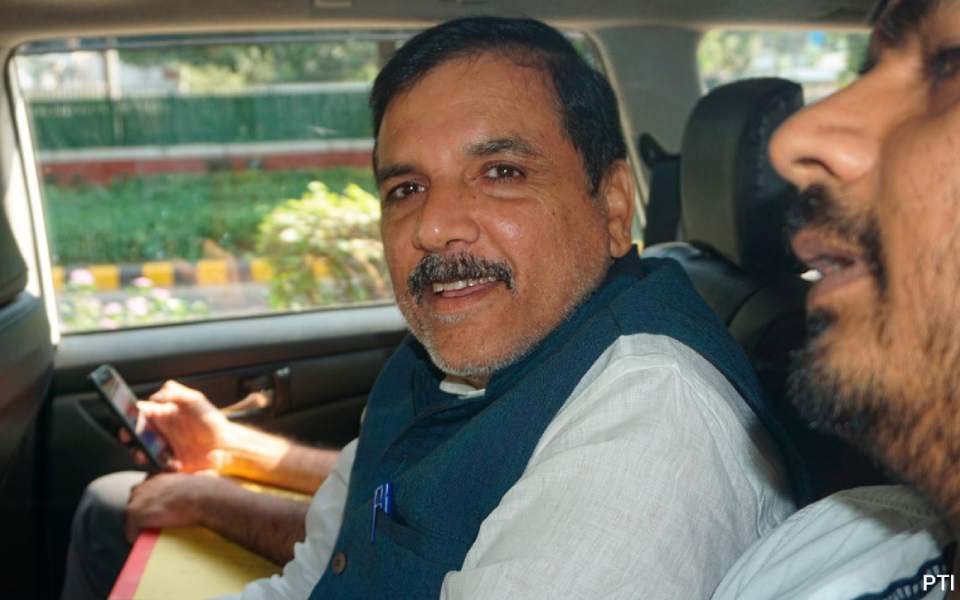In a recent development, the highest judicial body, the Supreme Court, has granted bail to Sanjay Singh, an esteemed Member of Parliament representing the Aam Aadmi Party, in the context of the contentious Delhi excise policy case.
The representation made by Additional Solicitor General S V Raju, acting on behalf of the Enforcement Directorate, conveyed the agency’s lack of opposition towards Singh’s release on bail. This decision transpired during a session presided over by a three-judge bench led by Justice Sanjiv Khanna, along with Justices Dipankar Datta and P B Varale, who granted Singh bail with the stipulation that the trial court would determine the terms and conditions. Notably, the Supreme Court emphasized that any leniency shown by the Enforcement Directorate in this instance should not establish a precedent, affirming Singh’s right to continue his political engagements. Moreover, the apex court clarified that it refrained from making any judgments on the merits of the case.
During proceedings earlier that day, the Supreme Court inquired whether the Enforcement Directorate deemed it necessary to extend the custody of AAP leader Sanjay Singh in connection to the Delhi excise policy scandal, noting the absence of any financial recovery directly linked to him. The bench highlighted Singh’s six-month confinement and suggested that the allegation of a purported Rs 2 crore bribe against him be addressed during the trial phase.
Senior advocate A M Singhvi, representing Sanjay Singh, apprised the court of his client’s over six months’ detention.
Justice Khanna directed Raju to deliberate on the necessity of Singh’s continued custody post six months, considering the allegations levied against him and their implications on the impending trial. This scrutiny included an examination of the evolving statements made by Dinesh Arora, which initially did not implicate Singh but underwent revision in subsequent testimonies, thus necessitating careful consideration under the relevant legal statutes. Justice Datta underscored the significance of these factors under sections 45 and 19 of the Prevention of Money Laundering Act (PMLA), stressing the need for thorough examination upon Singh’s appearance in court.
Justice Khanna highlighted the absence of any tangible evidence or financial trail associated with Singh’s alleged involvement, prompting Raju to provide insights, albeit without delving into the specifics at this stage. The bench, while refraining from immediate judgment on this aspect, urged Raju to seek further clarification on the matter.
The bench adjourned proceedings to the post-lunch session, anticipating Raju’s input on whether the continued custody of Singh remained warranted in light of the case’s developments. This legal saga unfolded within the backdrop of Singh’s bail plea and his challenge against the Enforcement Directorate’s actions in the Delhi liquor policy case.









